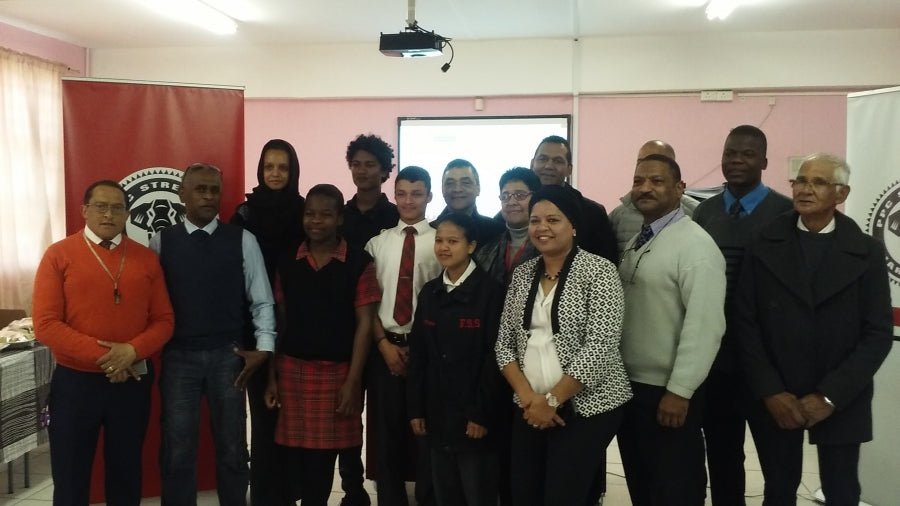
SMARTLABS OFFERING SET TO STRENGTHEN SCIENCE EDUCATION IN SA’S RURAL SCHOOLS
“It’s not only about doing well in the subject of physical science anymore, it is about excelling in this field. Today, more than ever, the sciences have become essential to equip learners for the future workplace – and the competition is fierce,” says Albert van Jaarsveld, Managing Director at SmartLabs.
“Unfortunately, world rankings show that South Africa is still at the bottom of the class when it comes to the quality of science education, and the country’s matric performance has been mirroring these poor results, especially in previously disadvantaged schools.”
Teaming up with PPC, Van Jaarsveld explains that SmartLabs was tasked at the start of the project to source the items for the labs, manage the logistics and coordinate both the launch of the labs and the teacher training on the new equipment.
SmartLabs supplied each school with an advanced science cart, including a laptop, projector and microscope camera; physical science equipment and chemicals for grades 10 to 12 – for in-class experiment demos; and the Department of Education (DBE) endorsed bundled software, which contains curriculum relevant videos, PowerPoint presentations, worksheets, applications, software required for certain subjects, free e-books, and other useful documents such as CAPS documents for teachers and pdf textbooks.
Importantly, SmartLabs focused on a two-day training programme at each school to ensure that teachers were fully skilled on using the advantages of the lab to its fullest. In addition to the product-related training, teachers also received expert physical science teaching methods, training on first aid and chemical safety, and how to gain the most from the full DBE suite.
“The project addresses two weak points that have been identified in South Africa’s current sciences environment, namely: a lack of infrastructure and physical application of science; and a dire shortage of technology and modern teaching mediums that enhance traditional textbook learning,” points out Van Jaarsveld.
“We are more than pleased to have been approached by PPC to assist in this corporate social responsibility initiative that promises to add immeasurable value by opening up numerous opportunities to learners, making an impact on the immediate community and, eventually, boosting the country’s economy.”
Already influencing the lives of 8,500 learners, schools that have received the mobile labs include:
Gauteng schools: Diepsloot West Secondary, Shoshanguve East Secondary and Ingqayizivele Secondary School;
Western Cape: Fairmount Secondary School and Steynville Secondary School;
Limpopo: Mabogopedi Secondary School;
Northern and Eastern Cape: Kuilsville High School and Newell High School;
KwaZulu-Natal: Ukhahlamba High School; and
North West Province: Motsaalore Secondary School.
Mpumalanga: Hoërskool Kriel High School and Sibongamandla Secondary School.
Concludes Van Jaarsveld: “We are now solidly entering the fourth industrial revolution, which means that both work and life will be ever more entwined in innovations such as robotics, artificial intelligence, nanotechnology and genetics, to name a few. Our learners – no matter where in South Africa – cannot escape this reality and they urgently need to be given the tools today to navigate the world of tomorrow.”
